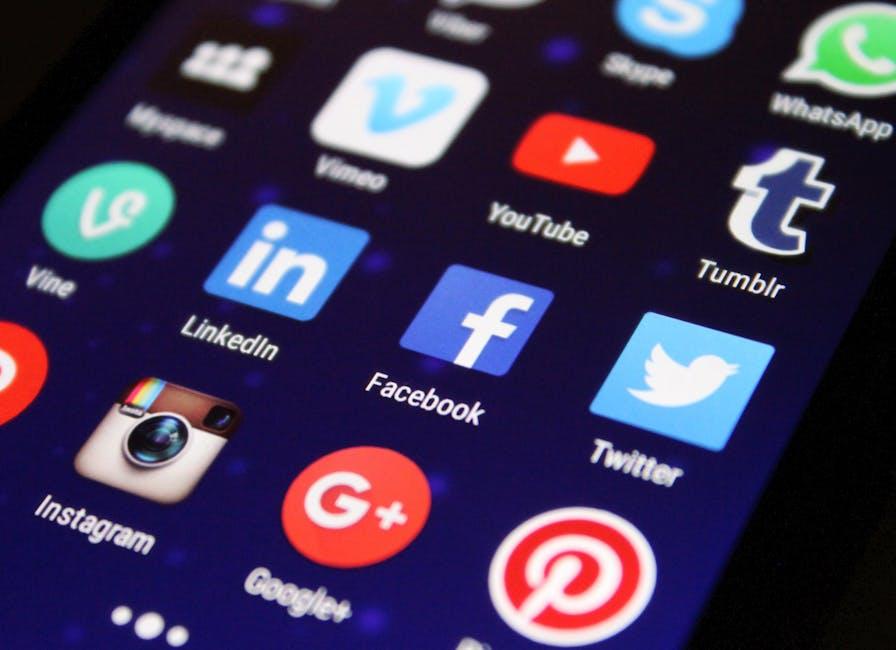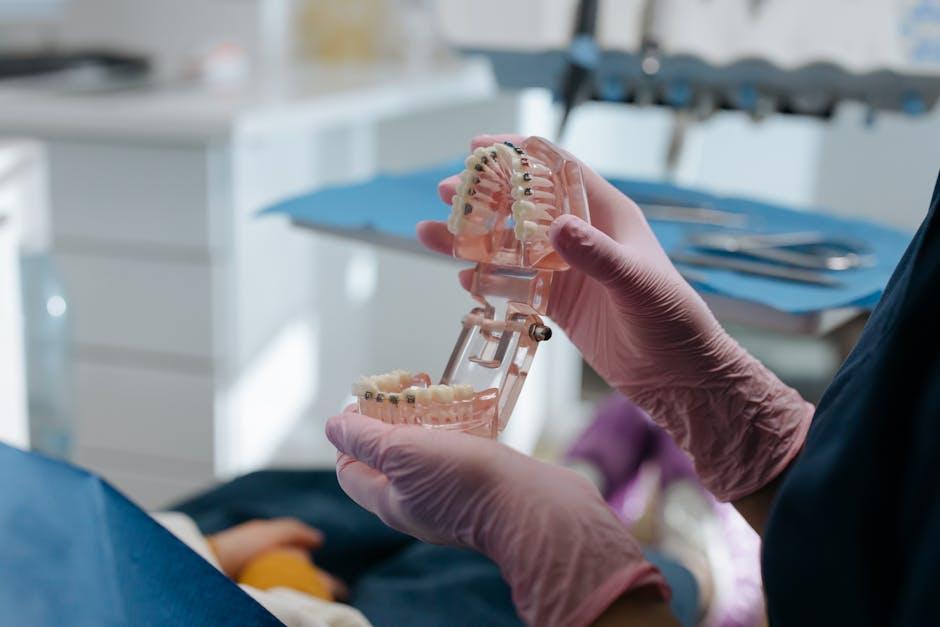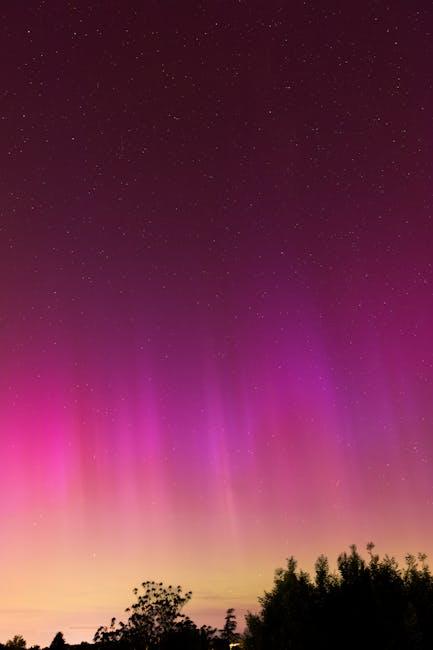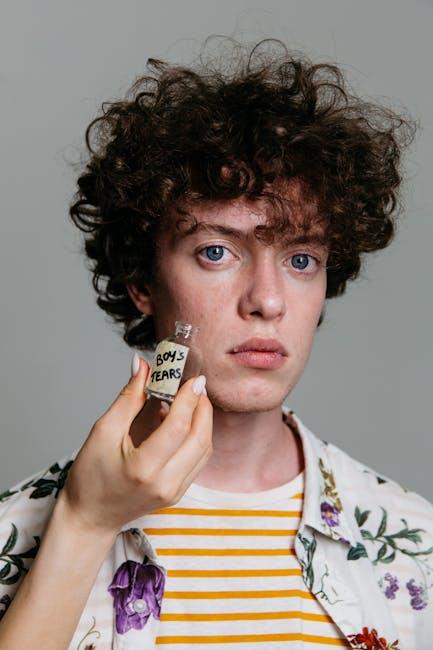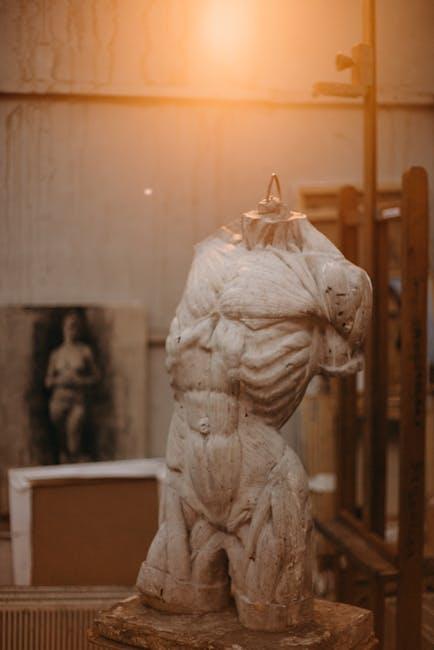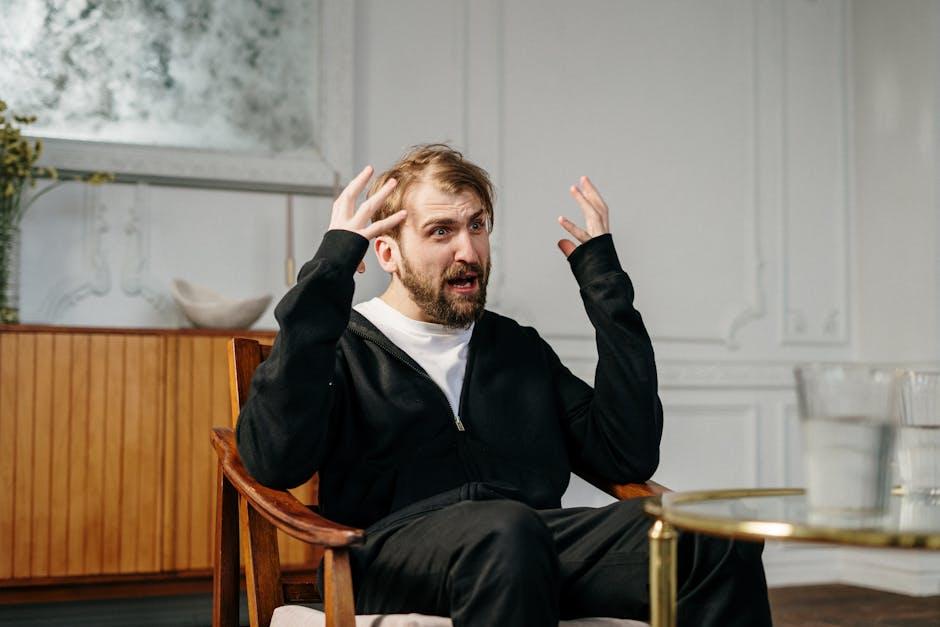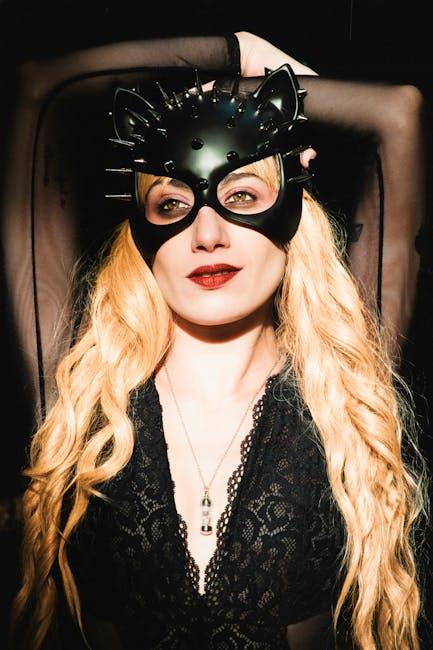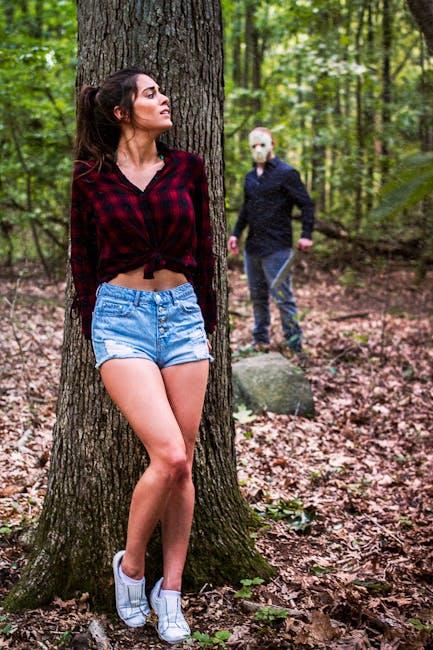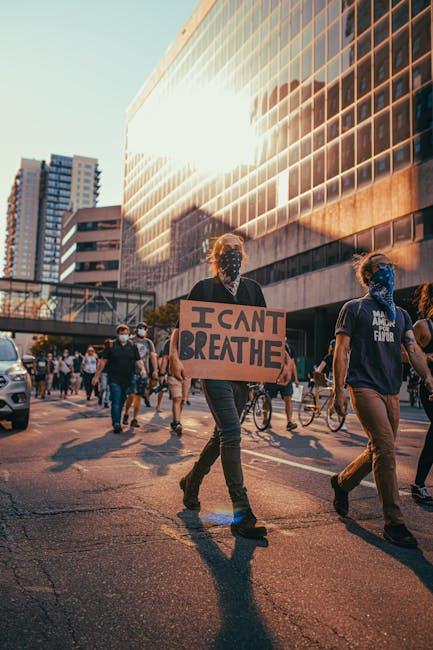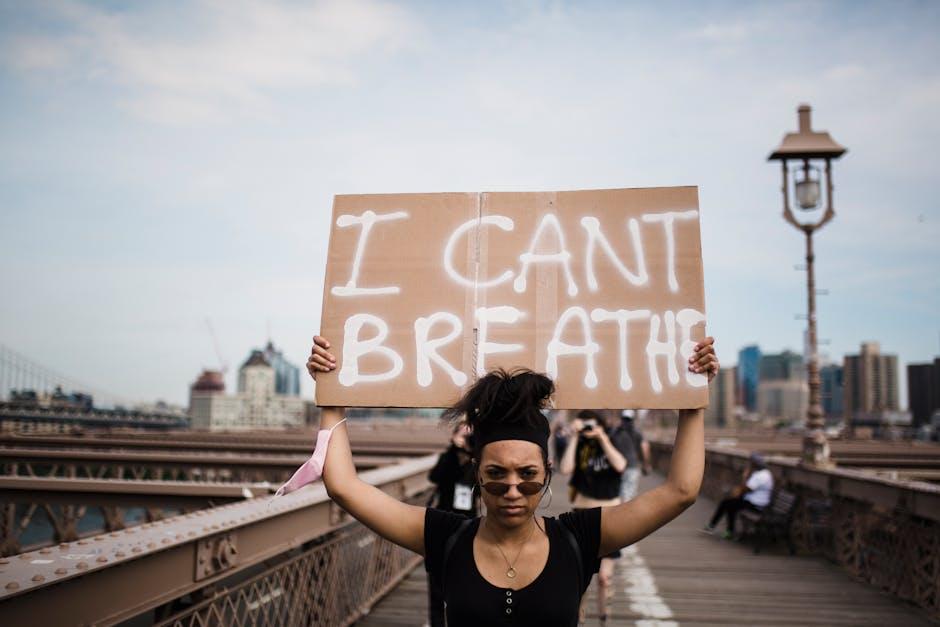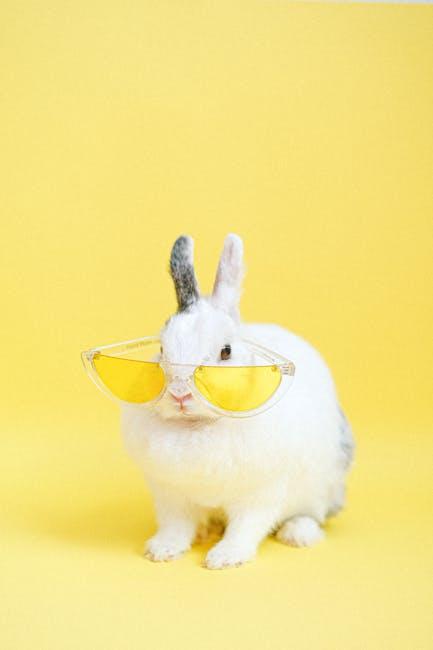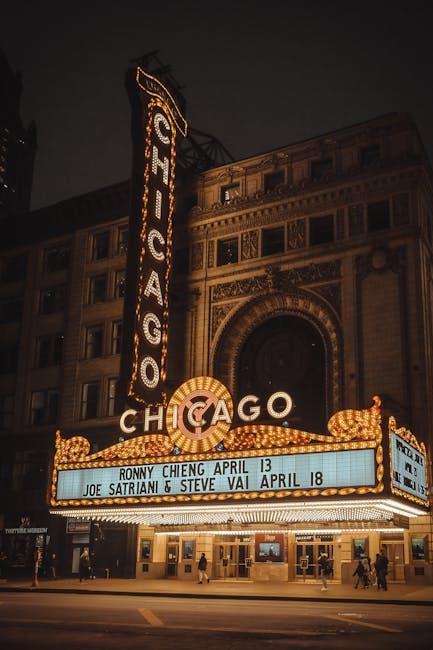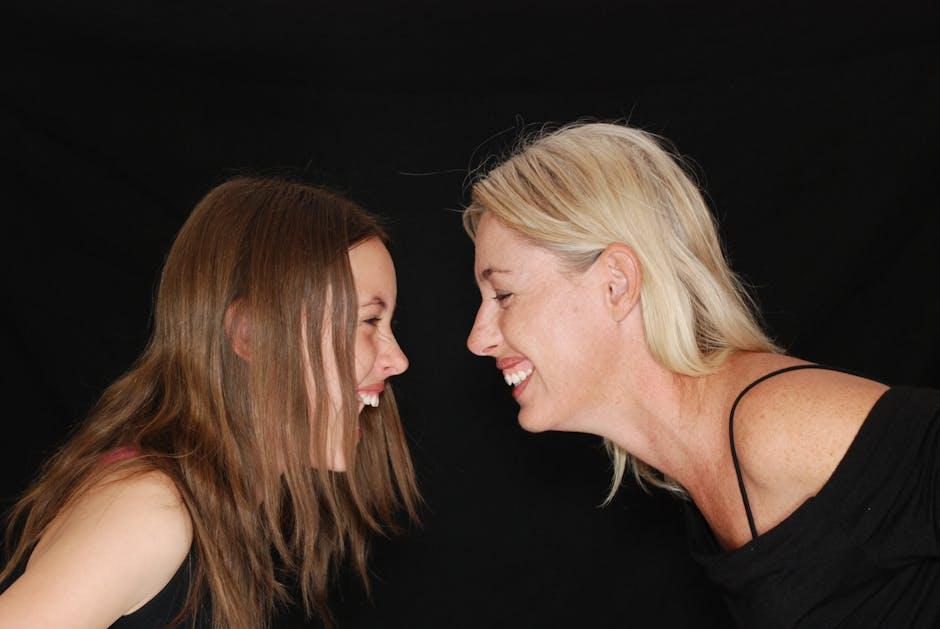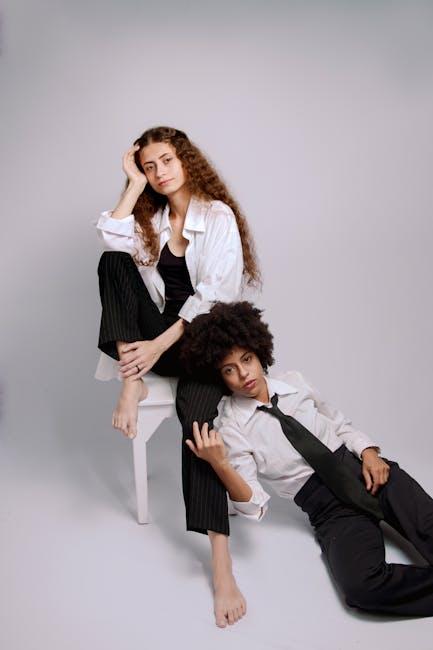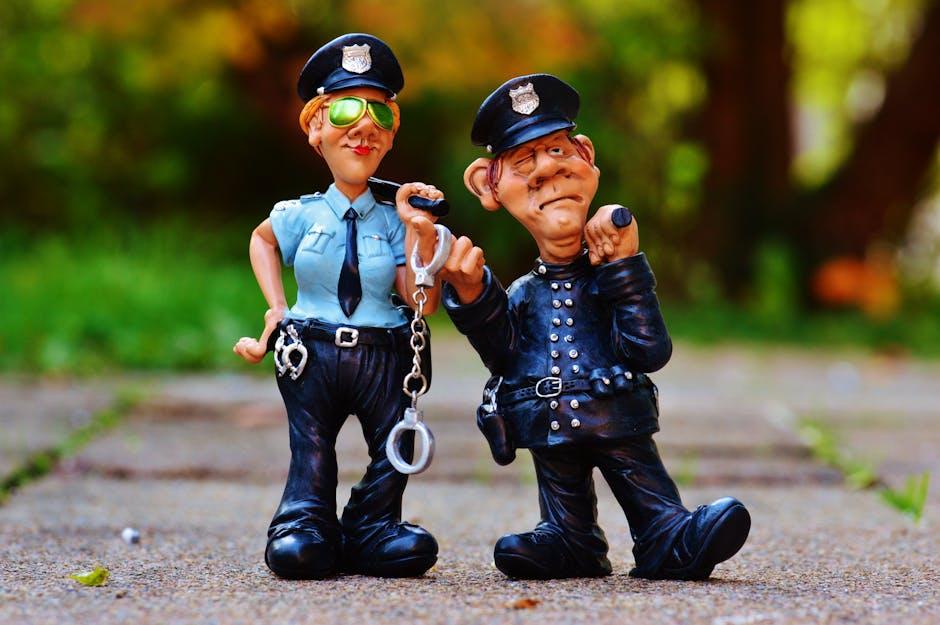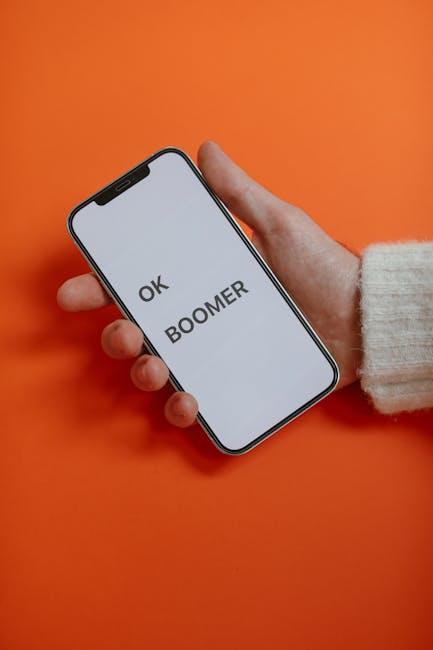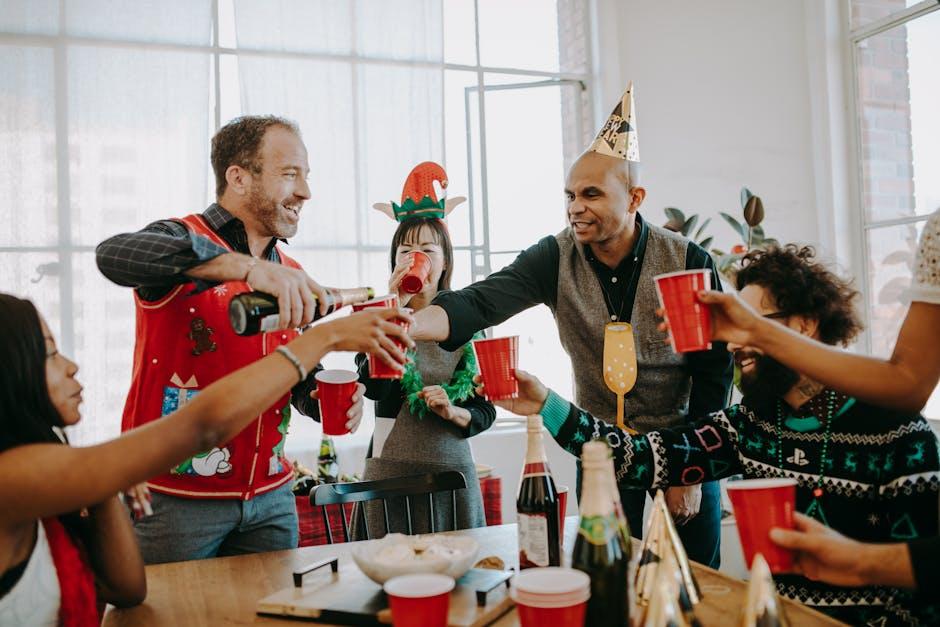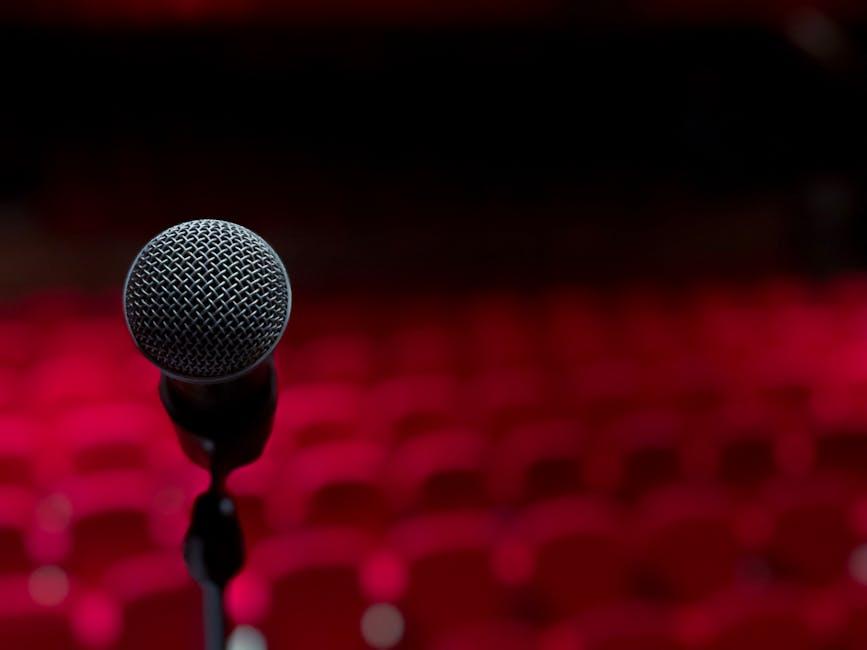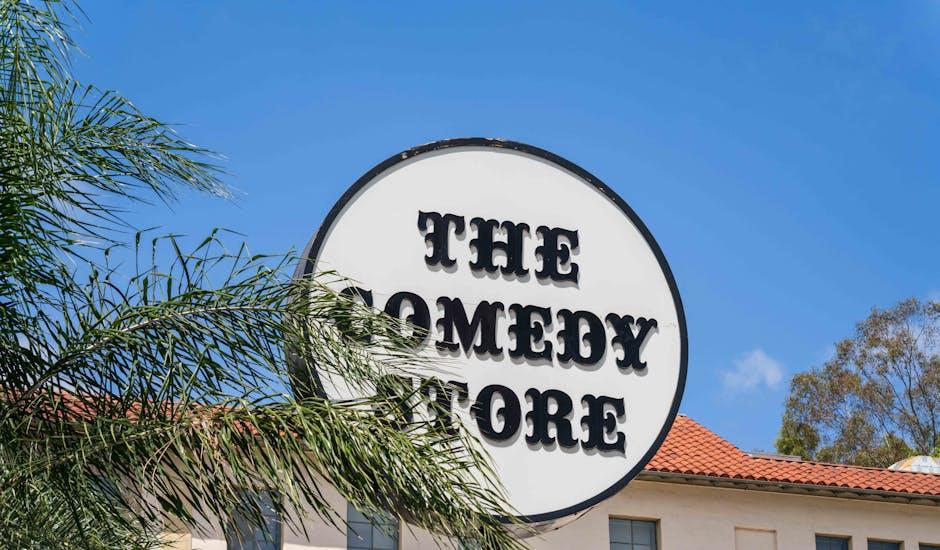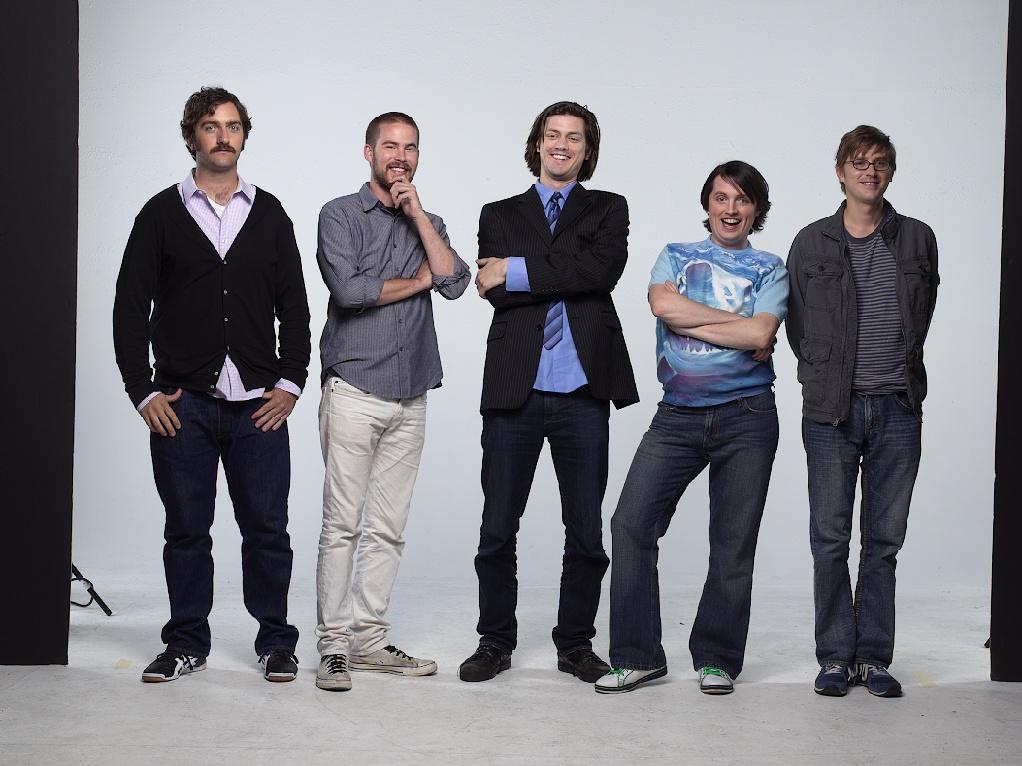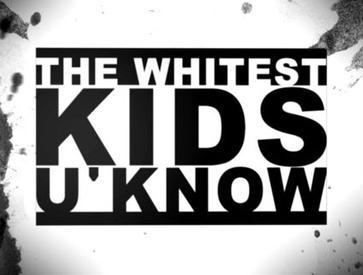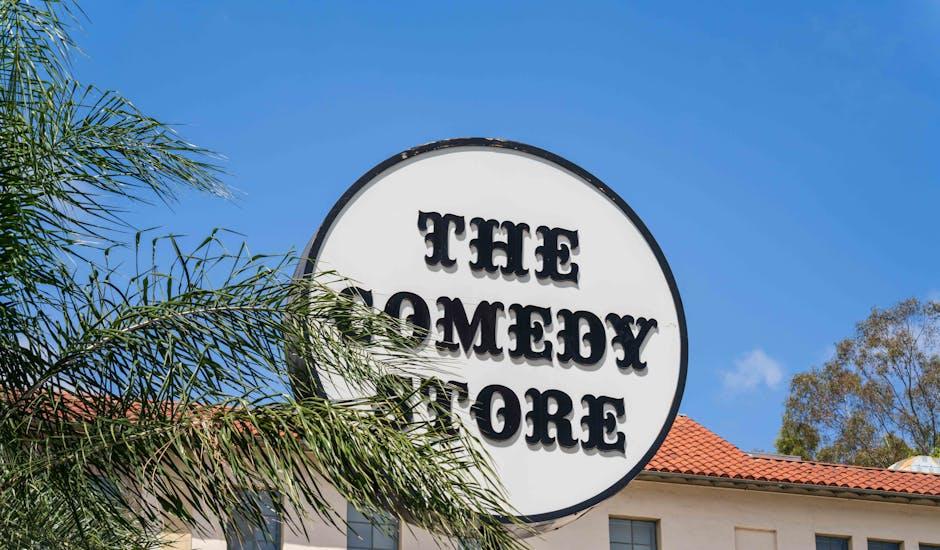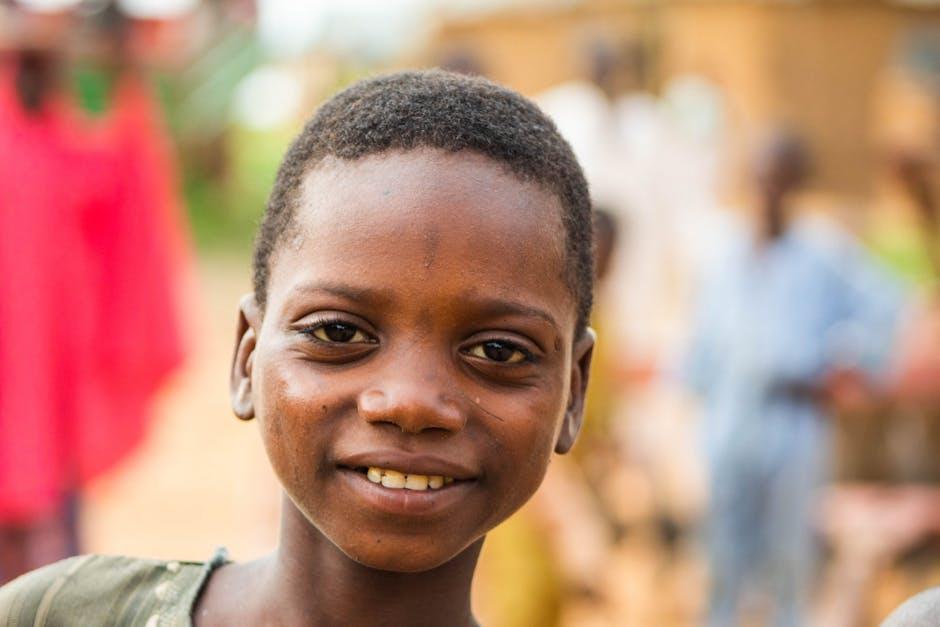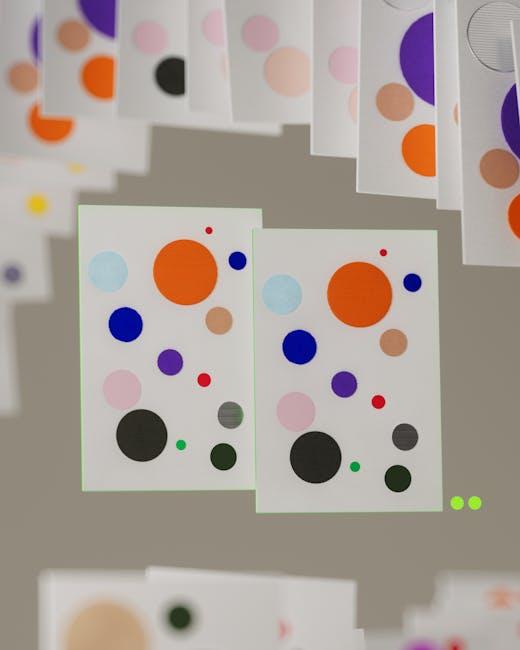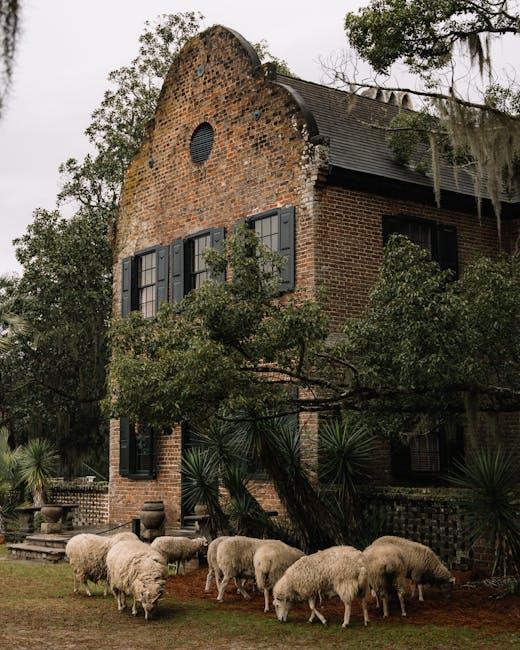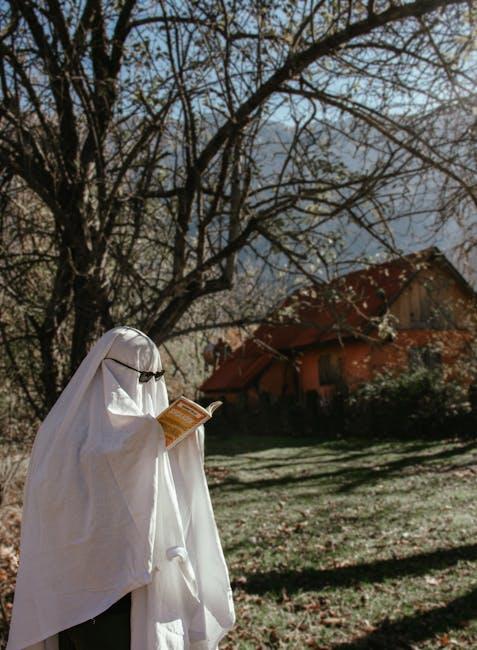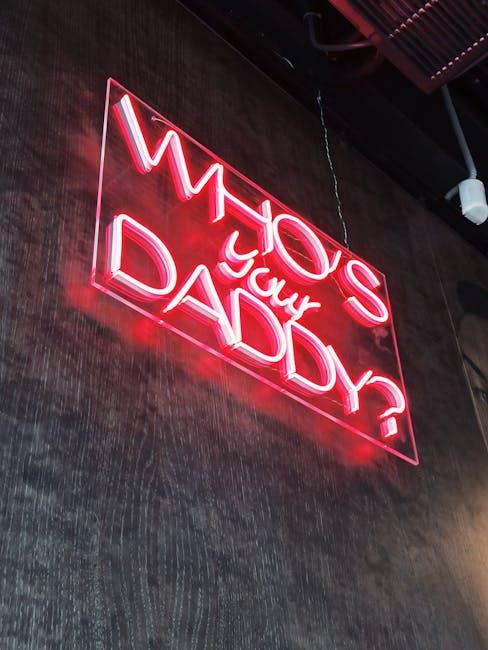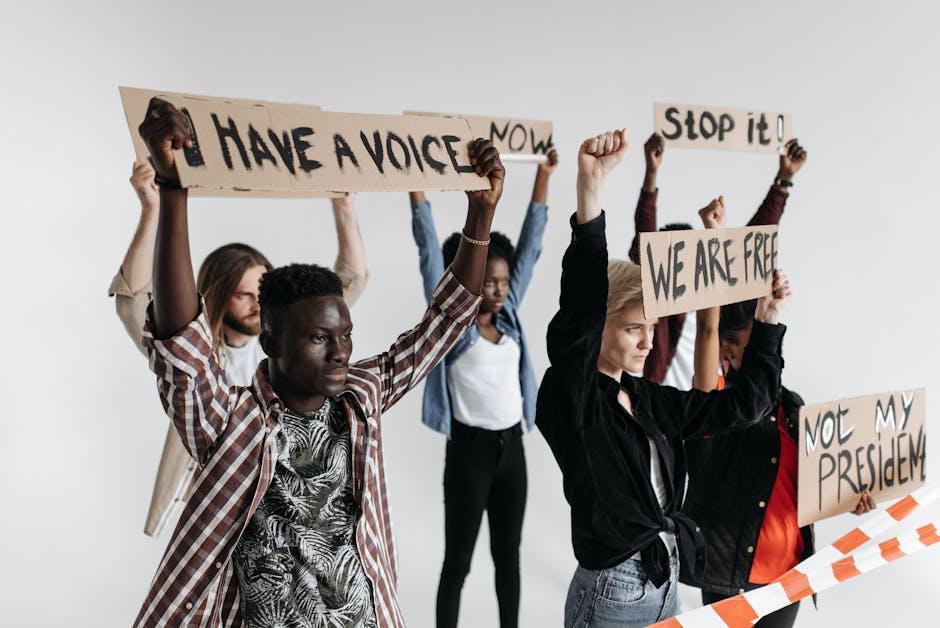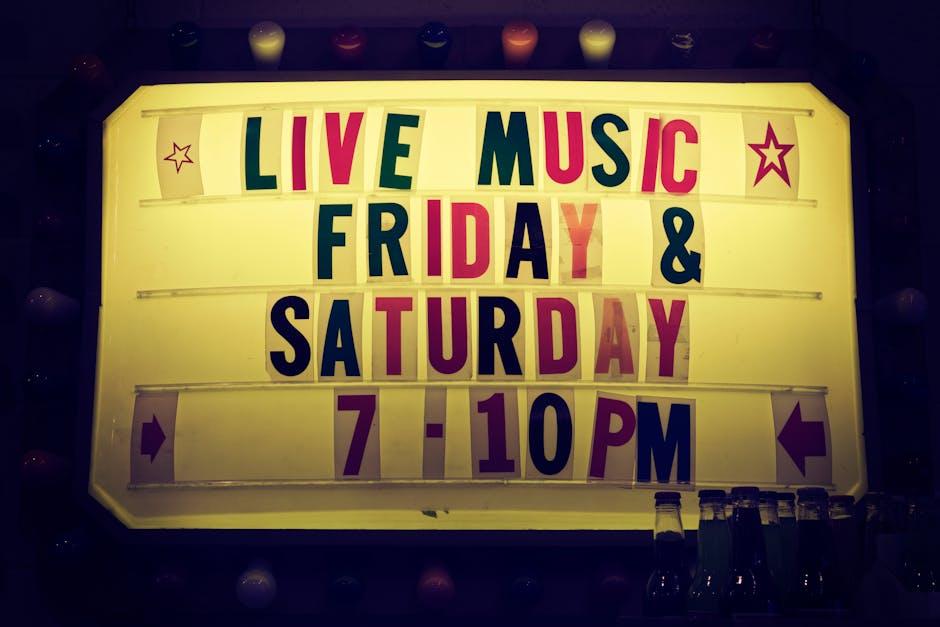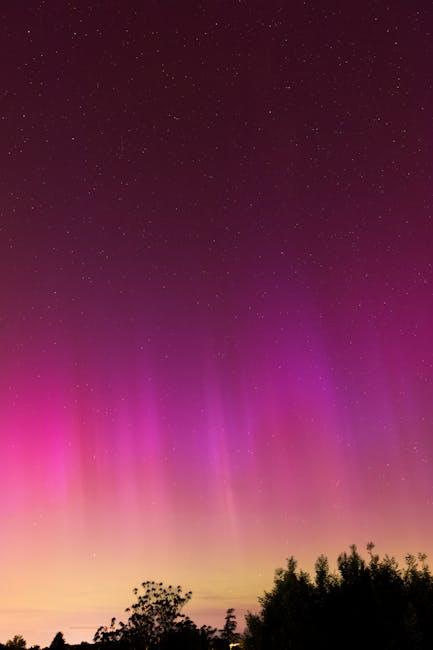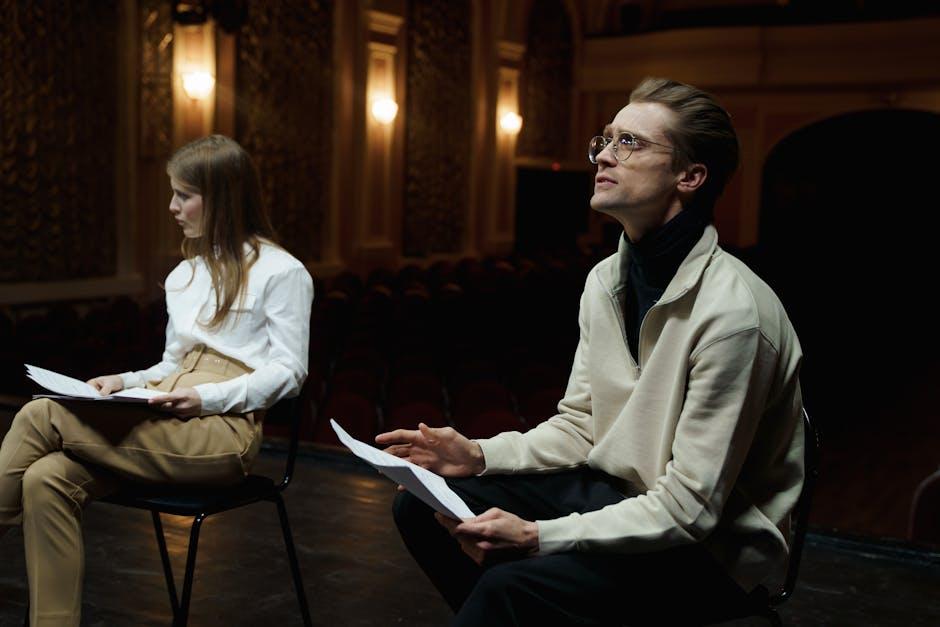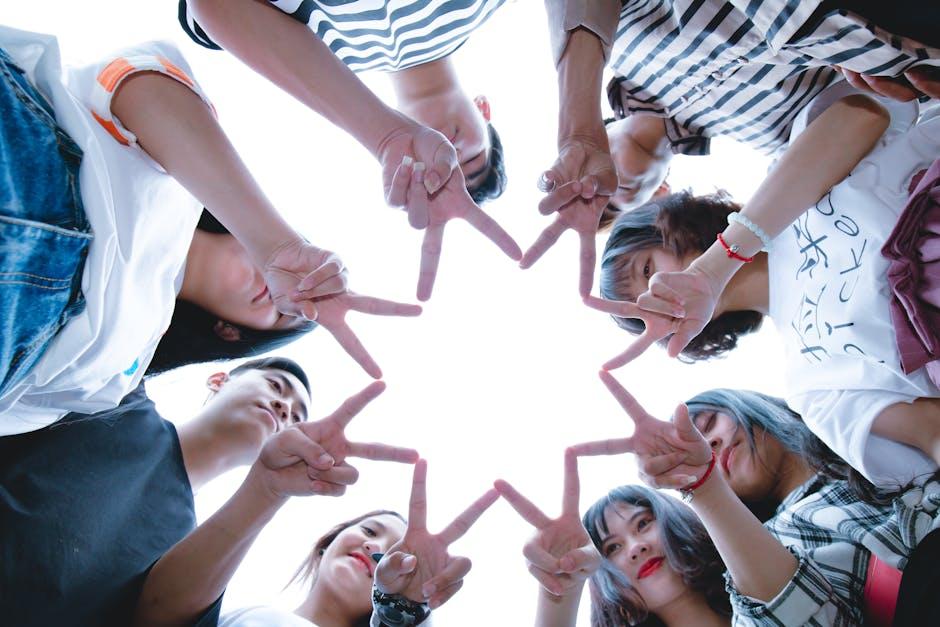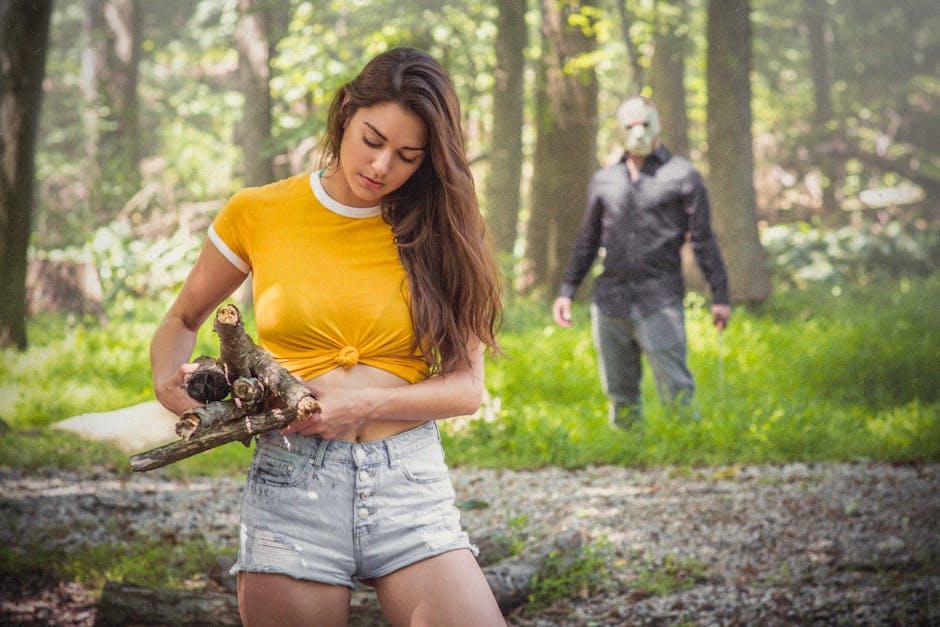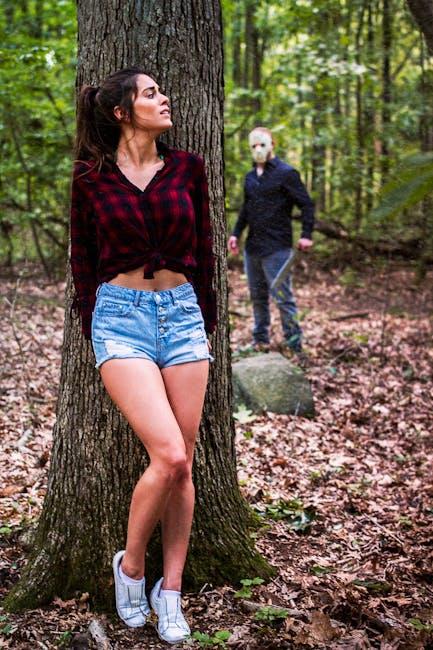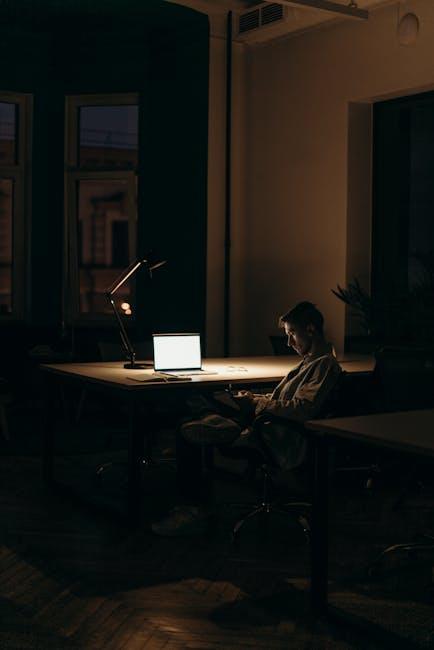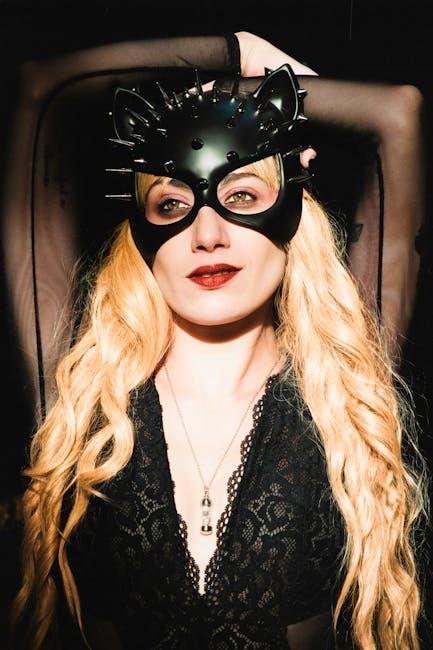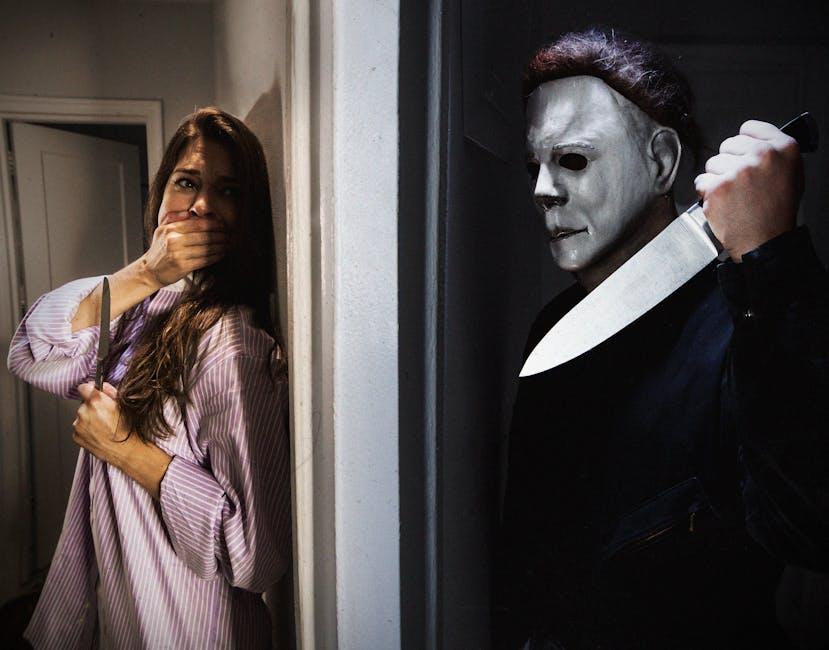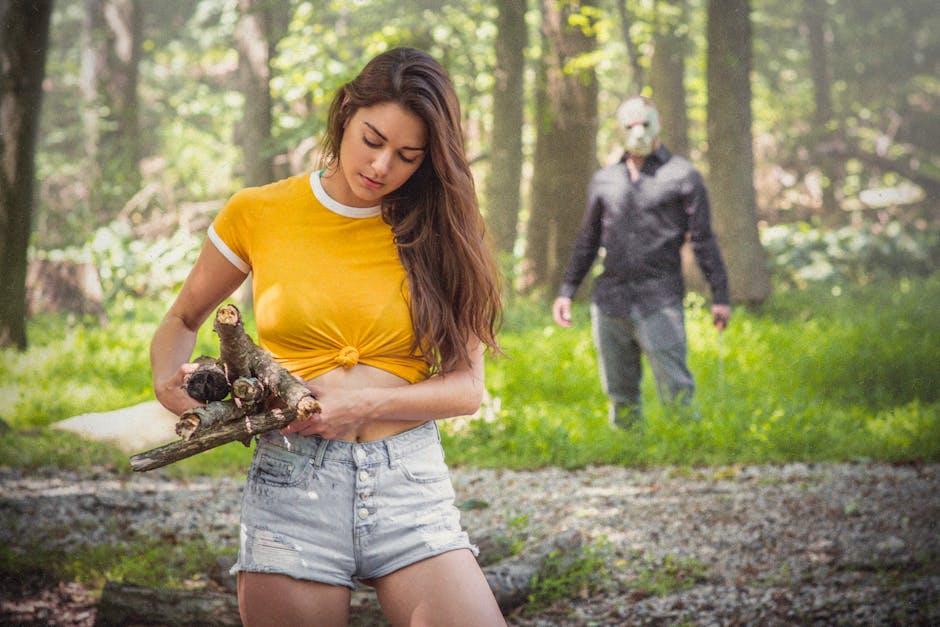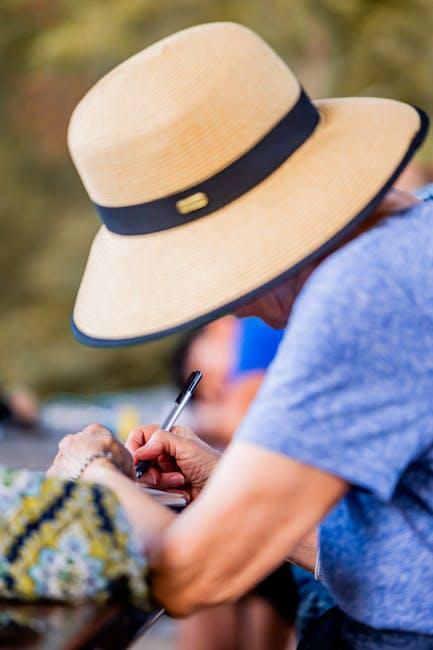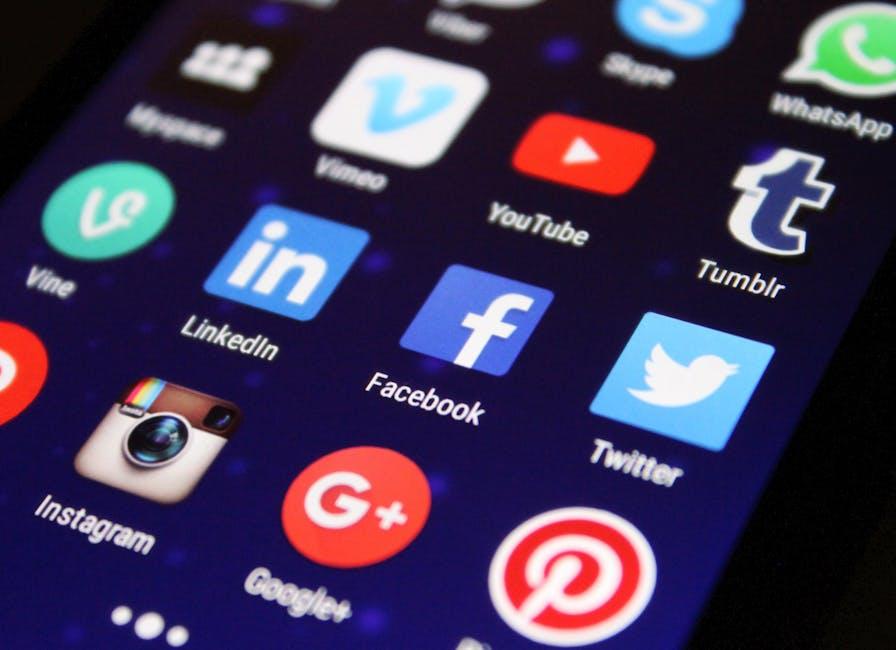Imagine scrolling through your YouTube feed, and your eyes land on a channel that feels like a roller coaster of annoyance and laughter. Meet the YouTuber who turns everyday irritations into a captivating spectacle! Whether it’s a quirky rant about the small things that drive us crazy or an over-the-top reaction to an infuriating trend, this creator takes the mundane and cranks it up to eleven. With a knack for finding hilarity in the most nerve-wracking predicaments, they capture the essence of what it feels like to be genuinely irritated—yet you can’t help but smile. So, buckle up as we dive into the world of a YouTuber who’s not just pushing buttons but taking irritation to new heights!
The Art of Irritation: Understanding the YouTubers Unique Charm
If there’s one thing that sets apart certain YouTubers, it’s the exquisite art of irritation. These creators have mastered the dance of annoyance, wrapping it in a charming package that leaves viewers coming back for more. It’s like a rollercoaster ride; one minute you’re cringing at their antics, and the next, you can’t help but laugh. This unique charm is often found in their ability to push boundaries and challenge norms, testing the limits of what’s acceptable in their content. Their charisma lies in their exaggerated expressions, over-the-top reactions, and a knack for turning mundane situations into chaotic adventures.
What makes them particularly appealing is their authenticity—they embrace their quirks and irritate with unapologetic flair. They make it feel like you’re sitting in the same room, sharing inside jokes that others might not get. Ever wondered why you can’t look away? Here are a few elements contributing to their irresistible charm:
- Relatability: Their everyday mishaps resonate with viewers, making annoyance feel strangely familiar.
- Humor: They sprinkle humor over irritation, transforming the cringe into comedy.
- Engagement: Constantly engaging with their audience, they create a sense of community, even amidst the chaos.
In many ways, these YouTubers are like that spicy dish you can’t resist. It’s fiery, overwhelming, and keeps you reaching for another bite, even as you wipe your brow. So, the next time you find yourself watching a self-proclaimed “irritant,” remember: it’s not just about annoyance; it’s about the sheer joy of shared experience wrapped in a hilarious package.
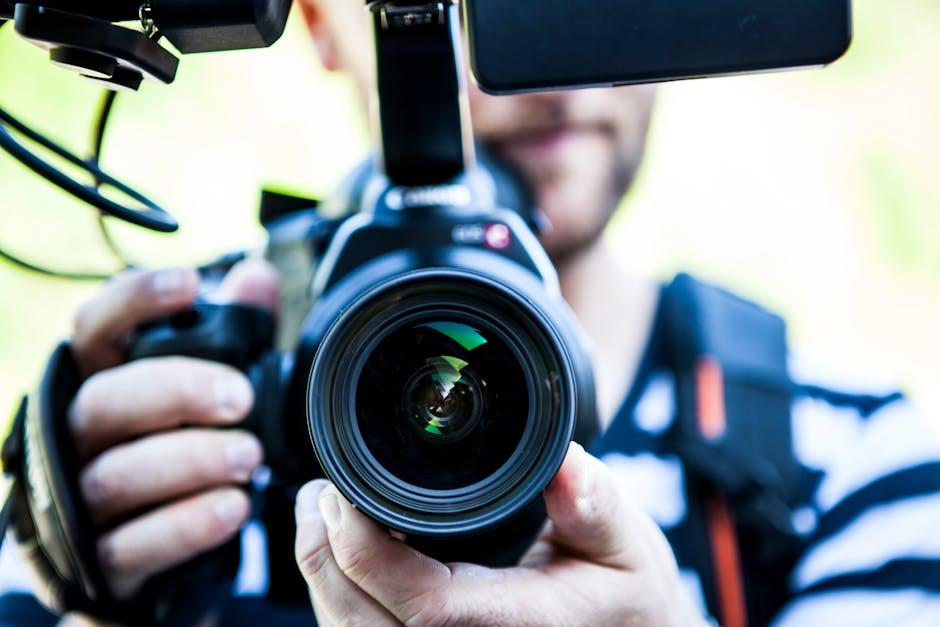
Behind the Scenes: What Fuels Their Over-the-Top Antics
Ever wondered what goes on in the mind of a YouTuber who turns irritation into an art form? It’s like watching a juggler who can’t quite catch all the balls—chaotic yet mesmerizing. For them, the thrill comes not just from a good laugh but from pushing boundaries and provoking a reaction. The bizarre antics are fueled by a cocktail of creativity, spontaneity, and a healthy dose of caffeine. They thrive on that electric connection with their audience—using outrageous pranks, quirky challenges, and some off-the-wall commentary to keep viewers on the edge of their seats. It’s all about that entertainment adrenaline, right?
To truly understand this phenomenon, consider these wild motivations:
- Engagement: Their antics provoke strong reactions, keeping fans engaged and coming back for more.
- Authenticity: They often wear their quirks like badges of honor, showing their true selves, imperfections and all.
- Fearless Creativity: The willingness to step outside societal norms opens doors to endless creative possibilities.
| Antic Type | Viewer Reaction |
|---|---|
| Pranks | Can’t stop laughing |
| Challenges | Excited vs. Relieved |
| Rants | Fueled debates |

Fans and Critics: The Polarizing Impact of Their Content
When it comes to the online space, few creators manage to stir the pot quite like this YouTuber. Their knack for pushing buttons and igniting heated discussions is nothing short of impressive. This polarizing figure garners an audience that swings like a pendulum, oscillating between *die-hard fans* who can’t get enough of their outrageous antics and *staunch critics* who are quick to vocalize their disdain. It’s almost as if they thrive on the chaos, forcing us to grapple with our own opinions and often questioning the very essence of what we consider entertaining.
- Fans appreciate the authenticity: Many admire the bold approach, viewing it as a refreshing break from cookie-cutter content.
- Critics call it mindless: Detractors argue that it lacks depth, branding it as merely sensationalism.
- Engagement on fire: The comments section transforms into a battleground, where both sides clash—fueled by a blend of admiration and indignation.
| Aspect | Fans’ Perspective | Critics’ Perspective |
|---|---|---|
| Entertainment Value | High—full of surprises! | Low—lacks substance. |
| Originality | Truly unique approach. | Repetitive and predictable. |
| Impact | Unites a community. | Divides audiences. |

How to Embrace the Chaos: Tips for Surviving an Irritating Engagement
Embracing chaos, especially when you’re watching a YouTuber who has turned irritation into an art form, can feel like wrestling an octopus in a phone booth. It’s important to keep your cool and remind yourself why you’re even tuning in. Here are a few thoughts for that situation:
- Breathe Deeply: Whenever frustration starts bubbling up, take a moment to inhale deeply. Exhale, and let go of the annoyance. Think of this as a mental reset button.
- Find the Humor: Instead of fuming, try to see the ridiculousness of the situation. A good laugh can diffuse irritation faster than you can say “viral video.”
- Engage Positively: If the content ticks you off, engage with it positively! Maybe throw in a witty comment or join a discussion that highlights the fun side of what’s happening.
One way to navigate these irritating engagements is to create a mini survival chart, like a secret strategy guide for dealing with chaos:
| Feeling | Response |
|---|---|
| Annoyed | Pause and do a silly dance break! |
| Frustrated | Change the channel, and then laugh it off. |
| Curious | Engage more! Dive deeper into the chaos. |

The Conclusion
And there you have it—our deep dive into the whirlwind world of the YouTuber who turns irritation into an art form! Whether you find yourself chuckling at their cheeky antics or bizarre rants, it’s hard to deny the sheer entertainment value they bring to our screens. It’s like riding a roller coaster that focuses just as much on those gut-wrenching drops as it does on the giddy highs.
So, next time you’re feeling a bit overwhelmed by daily annoyances—your neighbor’s loud music, that slow Wi-Fi, or even your stubborn coffee maker—just hit play on one of their videos. Let their humorous take on irritation be a reminder that sometimes, it’s all about how you roll with the punches and find the funny in frustration. This YouTuber has undoubtedly carved out a niche that keeps us coming back for more, one amusingly exasperated rant at a time! Ready to immerse yourself in their latest escapades? Grab some popcorn and let the eye-rolling commence!

